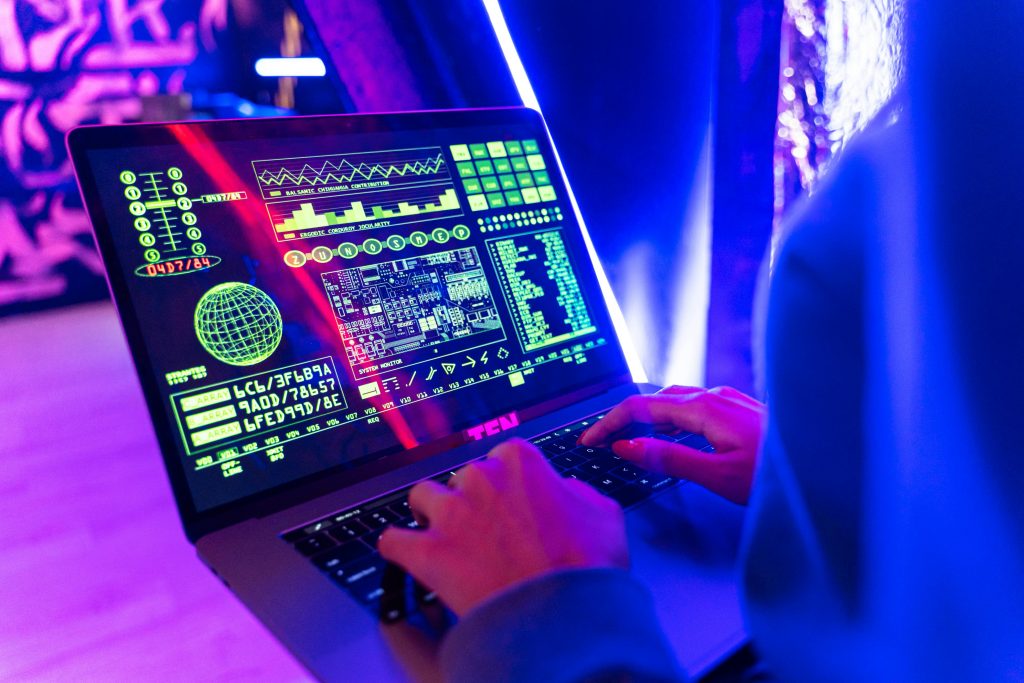This guide will help you if you are getting a Boot device not found error. Hp devices have their own variation of this error, the Boot device not found – hard disk 3f0.
Sometimes, when booting your PC, you might be sent to a black screen where the message boot device not found is displayed. This can be quite frustrating and unnerving since you’d be unable to load into Windows as long as the problem lasts. However, the fix for this issue is usually quite easy and simple and here we will show you how you can have this error solved in no time.
In most cases, the boot device not found error occurs when some change has been made to either your software or hardware. For instance, if you have recently upgraded or changed anything on your motherboard, your boot settings might have been altered, so that your machine cannot boot into Windows. But even though there might be other reasons for the change, the fix is usually the same:
Boot device not found
The guide
Step 1: Restart your PC
Once you get to the boot device not found screen, your first job should be to restart your computer. Usually this is done by pressing the F1 key on your keyboard.
Step 2: Boot into the insydeh20 setup utility
As soon as your machine attempts to restart, start spamming the F2 key. This should make your computer boot into insydeh20. Keep in mind that depending on you computer brand and model, the key that you need to use may vary. In most cases it is either F2 or F10. Also, the time window, in which you have to tell your PC to boot to the setup utility, is quite narrow; therefore, you might have to retry the procedure a couple of times until you time it properly.
Step 3: Get to the Boot options menu
Once again, depending on your specific machine, the setup utility might differ. However, it is quite easy to find your way around it. Typically, what you’d need to do is use your arrow keys to get to the boot section. Look for anything that says boot and/or boot options and navigate to that setting via the arrow keys.
Step 4: Re-arrange the boot devices
Now, that you are at the boot options menu, you should see a list of possible boot devices that are arranged in a certain order. Usually, the problem originates from an improper arrangement of the devices. The general idea here is that you place the device that your PC is supposed to boot from at the top of the list. Usually, the device that has HDD in its name should be the first one in the list. To change the configuration and re-arrange the devices, simply use your arrow keys to highlight the device you want to move, and press either F6 to move it upwards or F5 to move it downwards.
Step 5: Boot Mode
If you are a windows 7 or 10 user, the boot mode should be set to Legacy. Therefore, if it is not, go to that setting, hit Enter, use the arrow keys to change the mode to Legacy and hit enter again to implement the change. If you’re using Windows 8 or 8.1, instead of Legacy, the Boot Mode should be set to UEFI.
Step 6: Save changes and restart
Lastly, you need to save the changes you’ve just made and reboot your PC. To do that, go to the Exit section and select the option that is labeled Exit Saving Changes. Your machine should now boot into Windows without showing you the boot device not found error.
